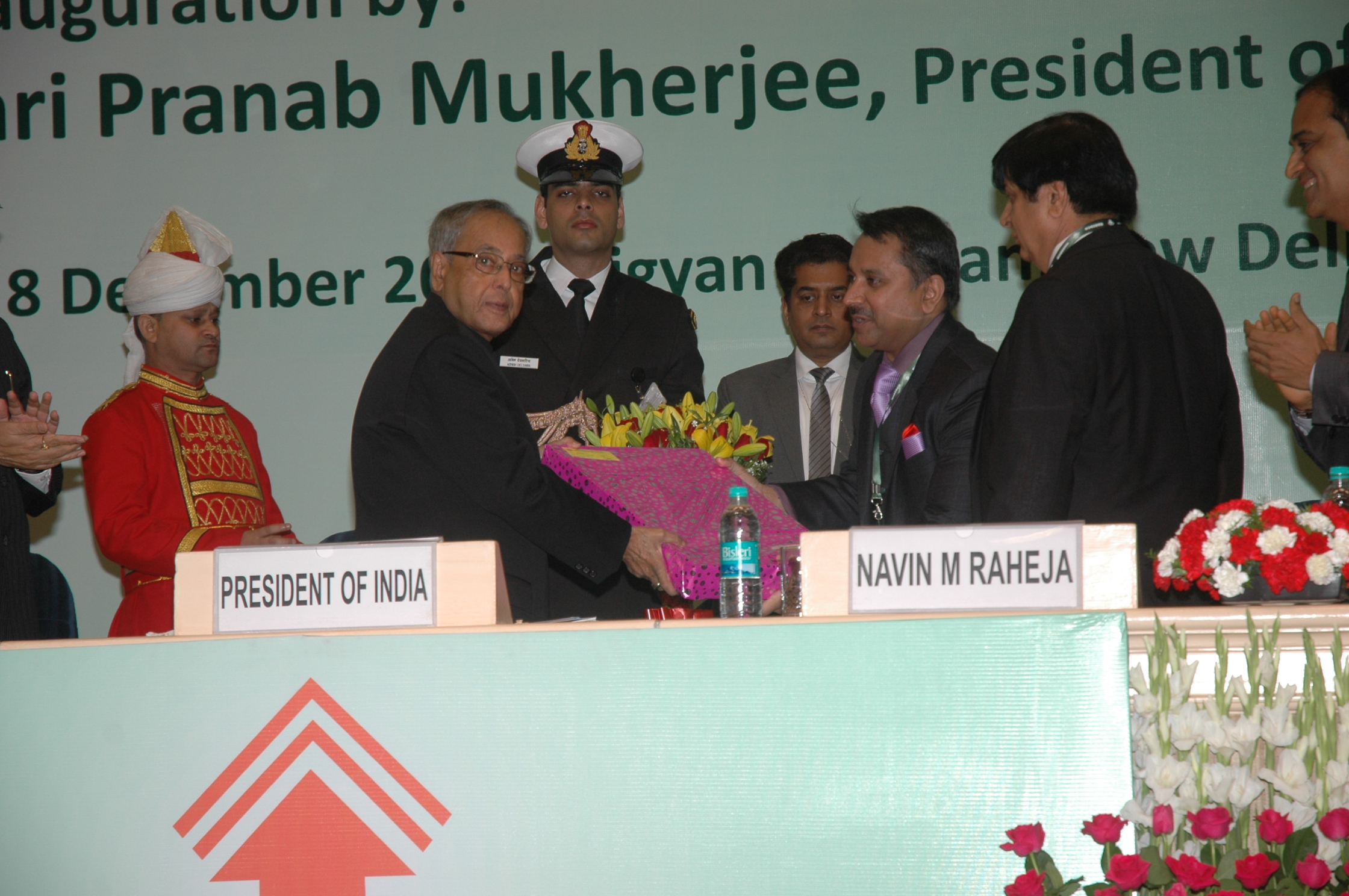 Track2Realty Exclusive: Asking for industry status, the sector doesn’t want elements of accountability that comes with the package. Quite opposed to the very idea of regulation, even after self-regulatory attempts didn’t work out, realty doesn’t evoke confidence at the policy level and often ends up being at loggerheads with the government. Track2Realty finds that though policy advocacy is very much desirable in the sector, it is yet so debatable that the stakeholders have failed to evolve a consensus over its issues and agenda.
Track2Realty Exclusive: Asking for industry status, the sector doesn’t want elements of accountability that comes with the package. Quite opposed to the very idea of regulation, even after self-regulatory attempts didn’t work out, realty doesn’t evoke confidence at the policy level and often ends up being at loggerheads with the government. Track2Realty finds that though policy advocacy is very much desirable in the sector, it is yet so debatable that the stakeholders have failed to evolve a consensus over its issues and agenda.
During the CRDAI national convention last year, a miffed real estate seemed to settle scores with the Union Urban Development Minister Kamal Nath. Displaying stiff opposition to the proposed real estate regulator, the builders’ body went critique to say it is not actually a regulator bill, but builders’ harassment and public amusement bill.
The minister sitting on the dais kept smiling over the CREDAI allegation that after the implementation of the bill, the face of the sector is known only either to the God or to the minister. Kamal Nath, however, took no time to hit back on the same platform when he said that the realtors have got into the habit of living in an era of boom and anything less than boom is cried hoarse as doom and gloom.
Much water has flown since then but it seems when it comes to policy advocacy real estate and the policy makers are still at loggerheads. Realty body proposes and the government disposes on occasions more than once and policy advocacy is something which, if happens at all, is always on a one-on-one basis depending on the developers’ individual clout and personal rapport with the minister or official concerned.
Sadly, most of such policy advocacy is actually back channel lobbying for the company concerned, with hardly any short term or long term impact over the fortunes of the sector.
There are many within the sector who are forthright in accepting that unlike policy advocacy adopted collectively in other industries to create a level playing field, in real estate the business methodology doesn’t support any such move since the larger players in the fray are too big for the boots of industry bodies concerned.
For example, when the CREDAI wanted to throw its weight to sign the code of conduct, it ended up with leading players’ indifference and eventually expulsion of three giants, DLF, Hirco and Hiranadani from its Karnataka chapter. No one is sure till date how many of its 8,600 members spread across 105 cities in 22 states have actually signed it.
The micro market focussed business with micro vision makes the policy advocacy a distant dream for the Indian real estate. Even prior to the Union Budget when the business bodies of other industry lobby it hard to get the best deal for them, realty ends up with endless debate only to be left sulking in the end.
In the past, industry bodies have made some blatant demands of the government to bring about certain reforms in the sector. However, most of these demands were put forth without having in place the adequate enablers of change, which could address the level of confidence needed in the sector by the government, financers and consumers alike.
Sachin Sandhir, Managing Director-South Asia of RICS believes it is absolutely imperative that stakeholders engaged across the sector take adequate steps in order to reduce its risk weightage in eyes of the lenders, improve credit worthiness to mitigate the lack of liquidity, and in the process instil consumer and investor confidence and arrive at a common consensus to drive the industry in a better and profitable manner – in the process being viewed favourably by policymakers.
“A common view from all quarters within the real estate and construction sector is acquiring the long demanded ‘industry status’ for the sector, along with an ease in accessing capital. While there has been consensus on these issues for long, the views and opinions in enabling these factors of change to find a place within the industry are varied across stakeholders. In my personal opinion, in order for the sector to acquire industry status and for capital to be more accessible, there is a prevalent need for the realty sector to undergo a much needed ‘image makeover’. It is imperative that the sector improve on its global transparency ratings and create avenues for skilled manpower to be employed and retained in the sector. Should we choose to go down this route, we will attain a favourable response from policymakers, investors and stakeholders alike,” says Sandhir.
…..to be continued





